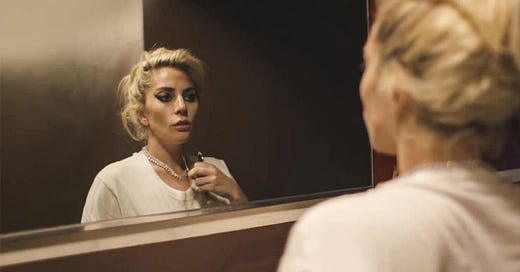100 Must-See Documentaries Streaming on Netflix This October
100 Must-See Documentaries Streaming on Netflix This Month
Because people say there are no good movies on Netflix anymore.

This month’s Netflix 100 features six new additions, some of which debuted on the streaming service late last month and some that are premiering in October. Of the former, there’s the revealing new music doc Gaga: Five Foot Two, the c…
Keep reading with a 7-day free trial
Subscribe to Nonfics to keep reading this post and get 7 days of free access to the full post archives.



